A Summary of the Subclass 407 (Training) Visa
There are many types of visas suitable for people seeking employment in Australia. The most common ones include the subclass 485 visa, which is designed for recent Australian graduates, and the 482 visa (soon to be replaced by the skills in demand visa) which is suitable for experienced individuals already qualified to perform certain occupations here in Australia. Unfortunately, these visas are not suitable for individuals yet to obtain the required level of skill and knowledge to practice in Australia.
By contrast, the subclass 407 visa (407 Visa) is often the most suitable option for applicants needing to develop further skills or to undertake certain training with a view of obtaining a license to practice in Australia (such as foreign medical practitioners who have finished their formal education overseas but need additional training to be qualified in Australia).
To be eligible for a 407 Visa, the applicant needs to be nominated by a sponsor who has been approved as a temporary activities sponsor. Next, the Sponsor must nominate the visa applicant to participate in a program of occupational training. The Department assesses the genuineness of the occupational training program and its suitability to the visa applicant, and it is considered key to granting the visa. There are presently three types of occupation training covered by the 407 Visa, being the following:
Type 1 - occupational training required for registration;
Type 2 - occupational training for skill enhancement;
Type 3 - occupational training for capacity building overseas.
There is no prescribed form for the occupational training program, however, there are requirements that the training program must meet to be accepted. Below is a very high-level summary on each of the training types.
Type 1 - occupational training required for registration
This type of training is suitable for applicants who need to obtain registration, membership or licensing. The training must be workplace based and must be necessary for the nominated occupation. There is no restriction as to what kind of occupation is eligible for Type 1 training. Depending on the occupation’s registration requirements, this could potentially be suitable to any occupation needing practical experience, such as medical students seeking to practise medicine in Australia.
Type 2 - occupational training for skill enhancement
This type of training is suitable for applicants seeking to enhance their skills, such as a general engineer seeking to enhance their understanding of a particular type of product or service. The training needs to be structured, workplace based and must be specifically tailored to the needs of the nominee.
Unlike type 1 training, only specified occupations are eligible for type 2 training. In addition, the nominee must also have at least 12 months of full-time experience in the preceding 24 months to be eligible.
Type 3 - occupational training for capacity building overseas.
This nomination type includes the following subcategories:
overseas qualification – the nominee is required to complete a period of no more than 6 months of practical experience, research or observation to obtain a qualification from a foreign educational institution;
government support – structured workplace - based training program supported by a government agency; and
professional development – for overseas applicants in a managerial position seeking further professional development.
The 407 Visa is a temporary visa and it can be approved for periods up to 2 years. Typically, the visa validity period is set based on the amount of time appropriate to the training, which is determined by reference to the amount of time it takes to obtain the relevant license / registration or with reference to the training program itself (including the key timeframes and tasks of such). For instance, a foreign dentist could take about two years to be registered to practice as such in Australia, and would be likely to receive a two year visa in order to complete this registration.
Navigating through the various types of training programs could be challenging. If you are not sure which type of training is most suitable to you and would like our assistance and guidance in relation your eligibility to a 407 visa, please feel free to reach out to our team.
